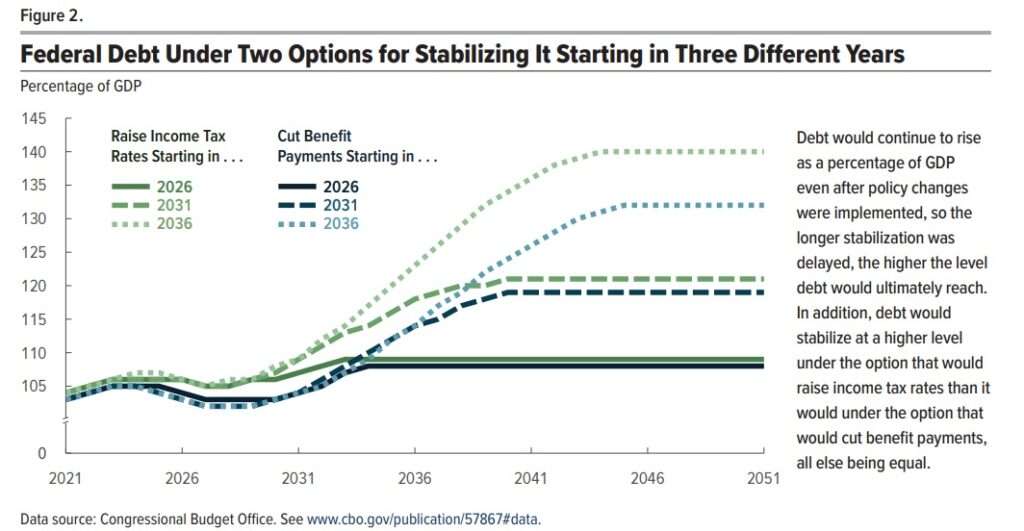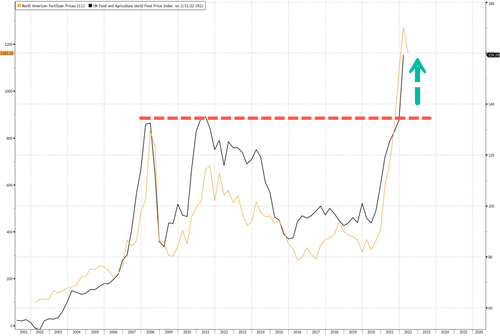
The Department of Homeland Security (DHS) announced Wednesday that it had formed a new board meant to counter disinformation. According to the Associated Press, the so-called Disinformation Governance Board will focus, in part, on Russian disinformation campaigns.
The board will be headed by Nina Jankowicz, a Wilson Center fellow who studies disinformation and technology. In the past, Jankowicz has advocated for an anti-disinformation agency in testimony before the House’s Permanent Select Committee on Intelligence. Regarding social media companies, she said that she “would like to empower a new oversight body to make sure that there is transparency and that the platforms are doing their due diligence by their users.”
But a government entity tasked with policing incorrect information online is both unlikely to succeed and also a potential threat to free speech.
To be sure, Russian-affiliated entities did engage in influence campaigns targeting the 2016 presidential election. (The actual effectiveness of these efforts is far from certain.) But many politicians and pundits in the years since have painted their ideological opponents as Russian agents spreading Kremlin propaganda. Some, including sitting senators, have referred to contrarian takes on Russian actions as “treasonous.” Even without a dedicated government entity, some politicians still tend to overprescribe the “Russian disinformation” label.
And there is reason to question Jankowicz’s appointment. After being announced as the head of the new board, some of her past tweets resurfaced regarding her promotion of the idea that the story of Hunter Biden’s laptop in October 2020 was a product of a Russian disinformation campaign. Indeed, at the time, Jankowicz referred to the official story—that then-candidate Joe Biden’s son abandoned his laptop at a Delaware repair shop—as a “fairly [sic] tale.”
In fairness, there was plenty in that story to be suspicious about: Before delivering the laptop to the FBI, a computer repair shop owner made a copy of the hard drive, which found its way to Rudy Giuliani and Steve Bannon, each close associates of former President Donald Trump. But despite the far-fetched details, The New York Times reported last month that the laptop’s contents had been authenticated. And that is exactly why the idea of a “disinformation” agency is so alarming: Multiple times, social media companies have responded to both public and political pressure to constrain users from sharing false stories that, with time, turned out to be either completely or partially true.
So far, there is very little information regarding the board’s methods or mission: DHS Secretary Alejandro Mayorkas has given no specific details, and there is so far no mention of the board on the DHS website. On Thursday, Sen. Rob Portman (R–Ohio) issued a statement that he was “deeply concerned” about the board: “I do not believe that the United States government should turn the tools that we have used to assist our allies counter foreign adversaries onto the American people. Our focus should be on bad actors like Russia and China, not our own citizens.“
On Wednesday, in announcing herself as the board’s executive director, Jankowicz tweeted that she will seek “to maintain the Dept’s committment [sic] to protecting free speech, privacy, civil rights, & civil liberties.” But earlier this month, in an interview with NPR promoting her recent book on online harassment, Jankowicz told host Michel Martin, “I shudder to think about if free speech absolutists were taking over more platforms, what that would look like for the marginalized communities all around the world… We need the platforms to do more, and we frankly need law enforcement and our legislatures to do more as well. And in other countries that are looking at this, you know, the U.K. has an online safety bill that’s being considered right now where they’re trying to make illegal this currently, quote, ‘awful but lawful content’ that exists online where people are being harassed.”
While a free and open internet may certainly facilitate abuse, it also represents one of the best ways for marginalized communities to offer and receive support. And it is not clear what she means by “free speech absolutists,” but it is chilling that she then advocates for legislation to constrict speech that, while distasteful, is protected by the First Amendment. If Democrats lose the White House in 2024, it is not difficult to imagine a President Trump, President DeSantis, or President Haley getting to appoint his or her own Disinformation Governance Board, tasked with pressuring social media platforms to disallow information embarrassing to the administration.
No government body should have the ability to determine what is and is not the truth, much less one headed by someone so hostile to free and unfettered speech.
The post New DHS Board Seeks To Counter What It Thinks Is Disinformation appeared first on Reason.com.
from Latest https://ift.tt/wftiGVW
via IFTTT





